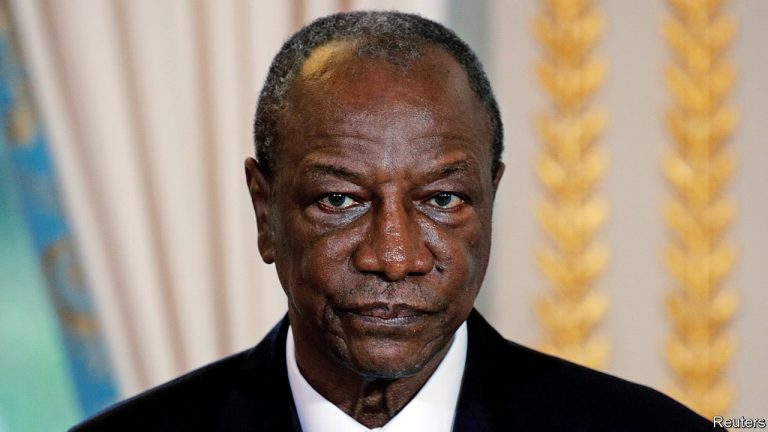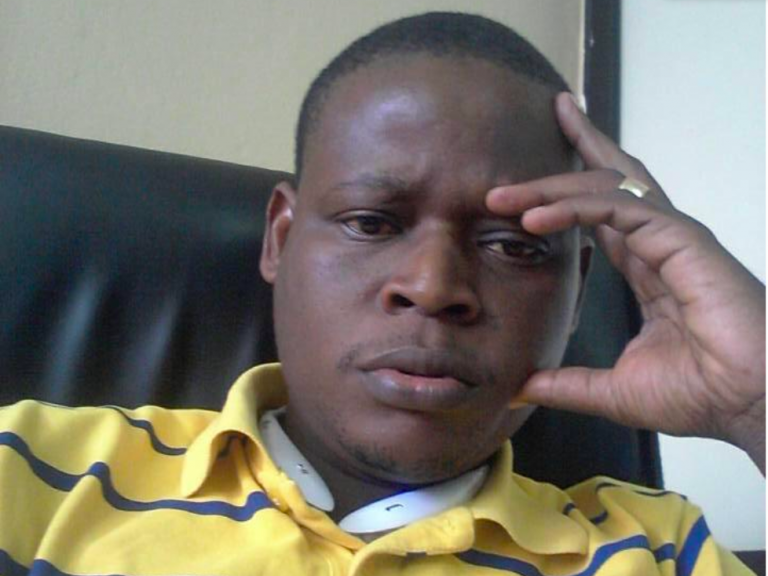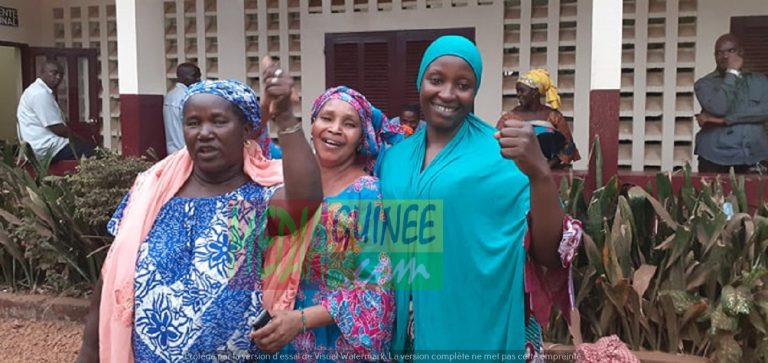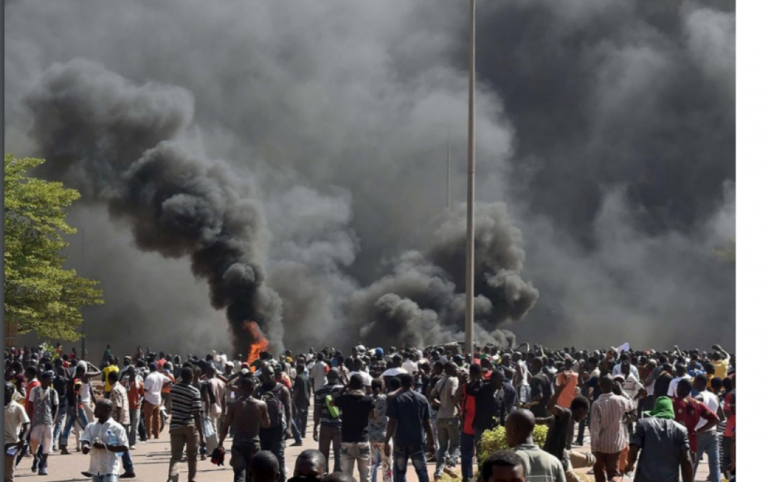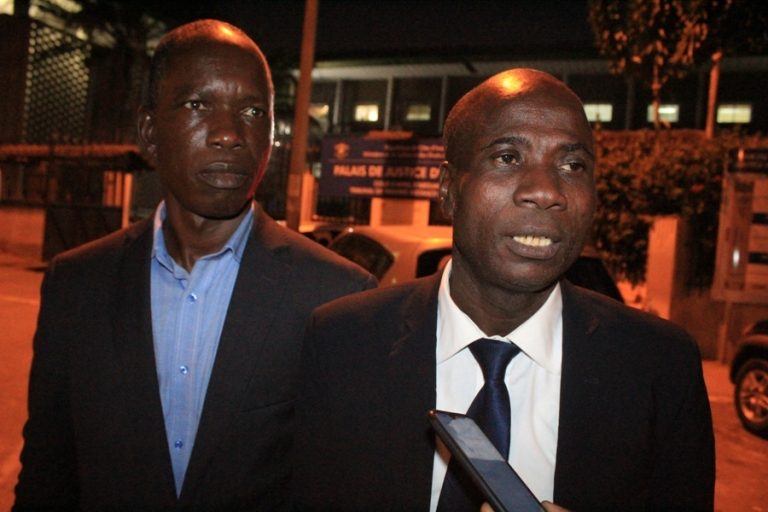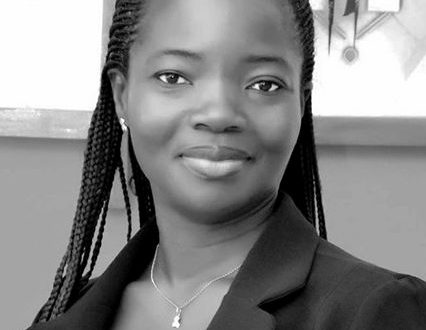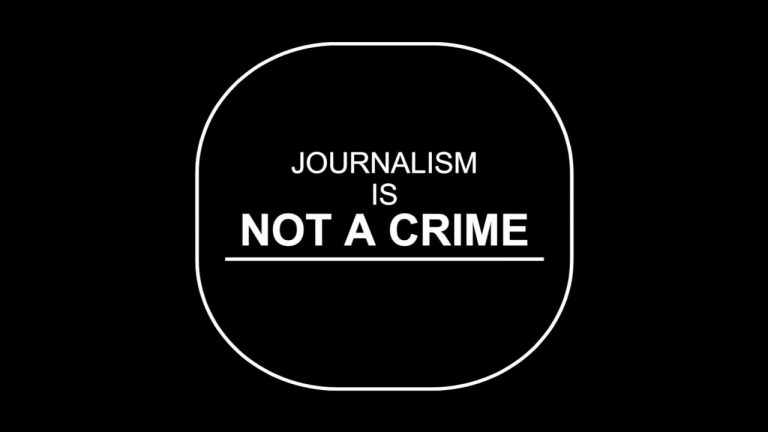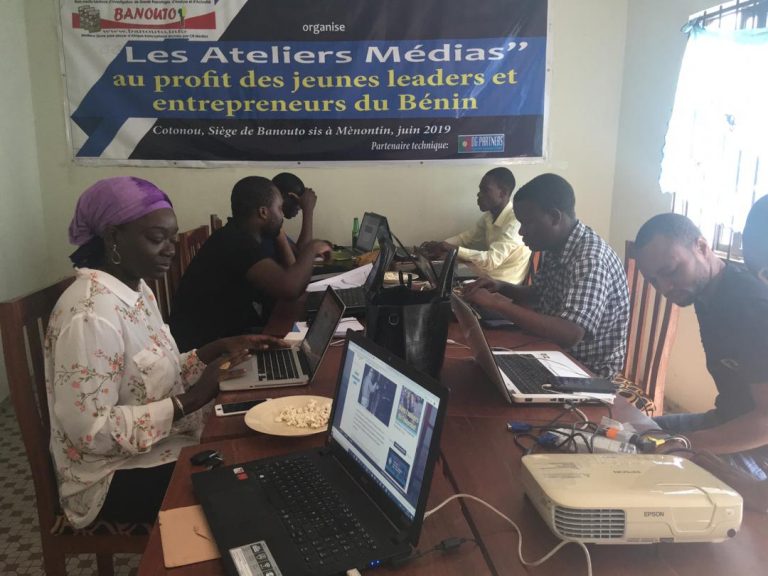Over the past nine months (June 2019 – March 2020), about 42 people have been killed, over one hundred arrested and hundreds more injured in a crackdown by security forces in Guinea in blatant violation of all the tenets of democracy and human rights.
Intriguingly, it is not because the country is at war. These violations arise from the resolute determination of President Alpha Conde to extend his tenure beyond the constitutionally-approved maximum of two five-year terms.
After months of speculations, the ruling Rassemblement du Peuple de Guinée (RPG) party at its weekly meeting held on May 11, 2019, officially declared that a proposal to amend the constitution was in the offing. Despite a wave of vigorous nationwide protests, a referendum to remove presidential term limits to enable President Conde to seek a third mandate has been proposed.
The referendum, coupled with legislative elections, was to be held on March 1, 2020, with the opposition boycotting the exercise. The polls were, however, postponed to allow an ECOWAS team of experts to audit the electoral register which credibility was one of the key concerns of the opposition. With that exercise done, the electoral commission has fixed March 22, 2020 as the new date for the polls.
The tensed and violent build-up hardly promises peace during and after the polls, unless there is a drastic change in the posture of the parties involved. The authorities have since mid-2019 deployed the full force of the security agencies to stifle all opposition to President Conde’s third-term ambitions.
In what underlines its radical stand, the government on July 6, 2019 pushed through Parliament a controversial legislation which does not only empower gendarmes to shoot on sight during public order and anti-terror operations, but also insulates the security agency from prosecution.
Events since the passage of this law have confirmed the worst fears of human rights defenders and citizens as the security forces have embarked on a brutal crackdown on protesters with a fatal outcome that is that is alarming even for Guinea, which is notorious for deadly attacks on demonstrators.
Aside of the killings, more than a hundred protesters and civil society activists have been arrested and detained. Journalists have also been beaten for covering the brutalities or harassed for providing media space to dissident voices.
Below is a snapshot of press freedom, freedom of expression and freedom of assembly violations recorded by the MFWA in connection with the contested third-term agenda of President Conde since June 2019:
Killings
June 13, 2019: A bloody security crackdown on demonstrators, coupled with attacks by ruling party supporters, left one person dead and 22 others injured in the southern town of N’Zérékoré.
June 19, 2019: Mory Kourouma a member of the FNDC who was brutalised by pro-government thugs on April 30, 2019, succumbed to his injuries while receiving treatment at the hospital. Kourouma was participating in a demonstration against the third-term agenda when he was assaulted alongside several other protesters in the town of Kindia.
October 14, 2019: Security forces carried out a bloody cracked down on citizens demonstrating against President Alpha Conde’s attempts to seek a third term. At least nine protesters were killed and several others injured.
November 4, 2019: Security forces killed two people who were part of a procession accompanying the dead bodies of eleven people killed in earlier crackdowns on anti-government demonstrators.
November 6, 2019: Soldiers killed two young men during anti-government protest. Mamadou Bela Baldé was hit in the head by a bullet. Mamadou Alimou Diallo was also fatally hit in the chest in the Conakry suburb of Wanidara.
January 13, 2020: The Police killed two people, one in Conakry and the other in Labe during a protest against the third-term proposition. Mamadou Sow, a 21-year-old high school student, was shot dead in Coza, Conakry. The other victim, Amadou Diallo, died from gunshot wounds after the security forces opened fire to disperse demonstrators in Labé.
February 13, 2020: Security forces fired at anti-third term protesters at Wanindara, Conakry. One of the protesters, a 15 year-old high school student, Idrissa Barry, died after being hit by a bullet.
Physical Attacks
June 7, 2019: The authorities in the Prefecture of Maferinya violently quelled a protest by a coalition of anti-third term groups, including the FNDC.
June 16, 2019: The police stormed la Maison des associations, a facility housing civil society organisations located in Matoto, a suburb of Conakry, and violently dispersed members of a pressure group opposed to President Conde’s third term agenda.
Arrests/Detention
June 7, 2019: The security forces arrested a number of leaders of the anti-third term coalition in the Prefecture of Maferinya, after quelling a protest organised by the coalition. The arrested persons included Alpha Paina Camara, the local coordinator of the FNDC. He was however released three days later over health concerns and taken to hospital.
June 16, 2019: The police stormed la Maison des associations, a facility housing civil society organisations located in Matoto, a suburb of Conakry and arrested members of anti-third term group defiantly named A’Moulanfé (It will not happen). The group was holding a meeting when the police descended on them.
October 12, 2019: The police arrested six leaders of the anti-third term coalition FNDC, while they were preparing to address a press conference. The arrested leaders included Abdourahamane Sanoh, a former Minister of State and national coordinator of the FNDC.
October 13, 2019: Seven FNDC leaders, including Badara Koné, the Secretary General of the youth of the Union des Forces Republicaines (UFR), which is a member organisation of the FNDC, were arrested in the Conakry suburb of Matam on the eve an anti-government demonstration called by the FNDC. They were detained at the Criminal Investigation Department of the Police in Conakry till October 22, 2019 when they were sentenced to between six months and one year in prison.
October 14, 2019: Security forces arrested over one hundred protesters in a deadly crackdown on protests across Guinea. According to FNDC’s count, 200 protesters were arrested.
November 14 2019; The police arrested five FNDC members who were on their way to participate in a protest in the city of Kindia. The mayor of Kindia had previously banned the protest.
February 14, 2020: Yamoussa Lansana Sylla, a member of the opposition Union des Forces Republicaines (UFR) party, was arrested and detained for opposing President Alpha Conde’s bid for a third term in a Facebook post. Sylla republished a statement in which Guinea’s Prime Minister, Kassory Fofana. then in opposition, attacked pro-Conde voters. The activist then underlined the irony of Mr. Fofana now championing President Conde’s third term bid, and invited comments on the post. Sylla was released provisionally after spending 19 days in detention, but could be jailed if finally found guilty.
February 19, 2020: Three women, Nene Camara, Yarie Camara and Mariam Diallo, all activists of the Front National pour la Defense de la Constitution (FNDC), were arrested during a demonstration against President Alpha Conde’s third term agenda at the Conakry suburb of Bonfi. They were detained for 19 days at the Conakry Central Prison before arraigned in court.
March 6, 2020: The police arrested Sekou Koundouno and Ibrahima Diallo, two leading members of the FNDC at the latter’s home in the Ratoma District of Conakry. The activists had earlier that day addressed a press conference, backed by video evidence, to condemn abuses being perpetrated by the government against opponents of the third-term agenda of President Conde. They were detained at the Police CID cells for three days before being transferred to the Conakry Central Prison for another three days on a detention warrant issued by an investigating Magistrate. Koundouno and Diallo were provisionally released after spending six days on accusations of inciting violence publishing content liable to disturb public order.
Sentencing
October 22, 2019: A court in Conakry sentenced six FNDC leaders, who had been arrested on October 12 and 13, 2019, to prison terms of between six months and one year on charges of organising banned protests and “inciting civil disobedience.” The charges related to FNDC-organised protests on October 14 and 16, 2019 that ended with at least 11 deaths among the protesters.
December 19, 2019; A Magistrate’s Court in Kindia sentenced three members of the FNDC to four months in prison, three of the months suspended. As the activists, namely Alseny Farinta Camara, Moussa Sanoh and Boubacar Diallo, had already spent 36 days in detention, they were released. They were part of five people arrested on November 14, 2019 in the city of Kindia, while on their way to participate in a protest. The five were charged with ‘participation in an unauthorised public gathering.’
March 9, 2020: Nene Camara, Yarie Camara and Mariam Diallo, of the FNDC, were found guilty of “directly inciting a mob” during a demonstration on February 19, 2020. They were however handed six months suspended sentences each, thus sparing them from actually serving time in prison.
Repressive Law
July 6, 2019: Parliament passed a dangerous law authorising gendarmes to “shoot on sight” during public order and anti-terror operations without fear of prosecution. The law gave gendarmes the power to shoot protesters without any consequence.
Press Freedom Violations
August 19, 2019: Aboubacar Algassimou Diallo, host of the prime-time show Oeil de Lynx on Lynx FM, was summoned by the Criminal Investigations Department of the Police. This followed the July 31, 2019 edition of Oeil de Lynx during which the host interviewed one Ms. Sanoh Dossou Conde, a fierce critic of President Conde’s bid to seek a third term. Diallo was subsequently placed under judicial control and his programme suspended.
October 17, 2019: The police in Conakry detained Nicolas Haque, head of Al-Jazeera’s office in Dakar and cameraman Hugo Bogaeert after accusing them of ‘’spying and undermining state security.” The state media regulator, Haute Autoritéde la Communication (HAC) also withdrew the accreditation of the journalists after they accused them of making “ethnocentric reports.”
November 14, 2019: Gendarmes assaulted two journalists who were covering a crackdown on demonstrators in Conakry. Alhassane Fofana of Mosaique of Guinee.com was assaulted by a gendarme after he fell while trying to escape the suffocating fumes from tear gas thrown by security forces. The gendarme seized the journalist’s phone, apparently to prevent the publication of images of their brutal crackdown on demonstrators. Mamadou Djiwo Bah, a reporter for the online media outlet, LoupeGuinee.com, fell unconscious after tear gas was thrown in his direction. The demonstrators who were trying to flee the tear gas trampled on the journalist, leaving him with severe injuries.
March 5, 2020: Police officers assaulted Thomas Dietrich, a France-based journalist who had gone to Guinea to cover political events in the country. The police hit Dietrich and seized his phone as he was filming attacks on demonstrators.
March 6, 2020: The police picked up Thomas Dietrich at Nongo, a suburb of Conakry and took him to the airport to be deported to his native France. Guinea’s media regulatory body, Haute Autorite de la Communication later said it has withdrawn the journalist’s accreditation for exceeding the limits of his permit, while the Ministry of Security and Civil Protection, also confirmed that Dietrich’s visa had been cancelled for engaging in activities outside the terms and conditions of his visa.
Recommendation
The MFWA is very concerned about the current situation in Guinea and hopes that the ECOWAS and the AU will intervene in this situation to preserve Guinea’s democracy, peace, security and the protection of the rights of citizens.
We appeal to the leaders of ECOWAS and AU to enforce regional mechanisms and protocols on good governance, human rights and democracy to prevent President Conde and other leaders from acting in ways that do not bode well for good governance, peace and security.
The MFWA further reiterates its calls on the government of Guinea to take measures to ensure that the media, civil society activists and potential protesters are protected from wanton attacks during and after the polls. We also urge the media to take precautions, demonstrate professionalism and work to advance the national, rather than parochial interests.

